Why Women Are Key to Biodiversity Conservation
Women are often the first responders to environmental change. In many parts of the world, they are the traditional stewards of land, seed, water, and food systems. Yet their voices have historically been underrepresented in formal conservation spaces. That’s changing fast.
Research shows that biodiversity initiatives led or co-led by women tend to be more community-centric, intergenerational, and focused on long-term regeneration rather than quick fixes. Women’s leadership brings empathy, lived knowledge, and a focus on collective well-being, qualities that are essential to address the complex, interconnected crisis of biodiversity loss.
5 Indian Women Leading Biodiversity Conservation Efforts
Jamuna Tudu: The Forest Protector of Jharkhand
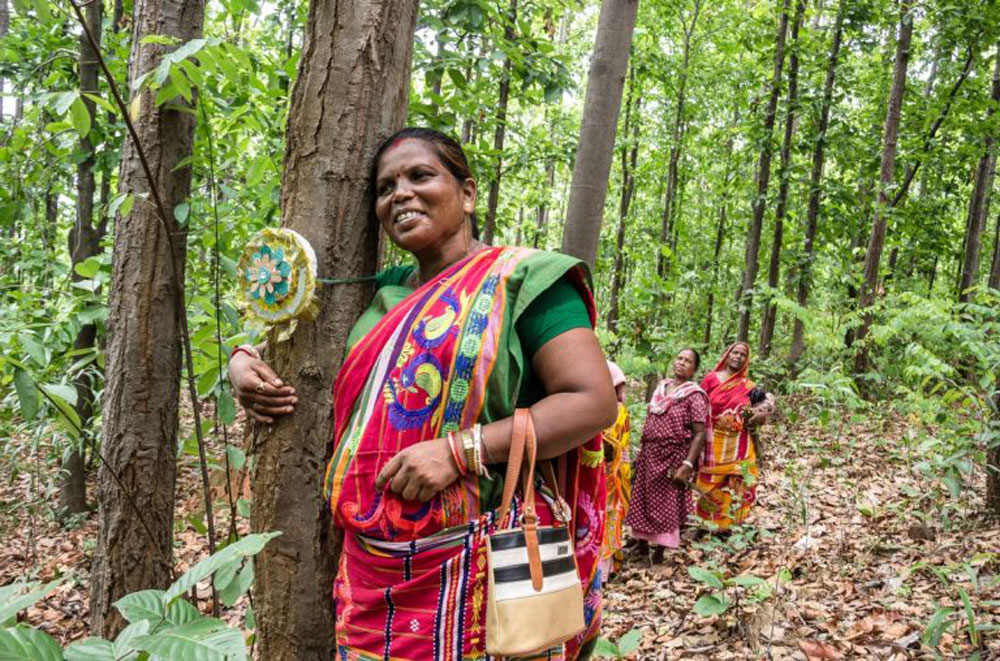
Image Source: theviifoundation.org
Known as the ‘Lady Tarzan’ and awarded with the Padma Shri in 2019, Jamuna Tudu formed the Van Suraksha Samiti to take on illegal logging in her native village. What started with five women has grown into a grassroots force of over 10,000 who patrol forests, plant trees, and take down timber mafias. Thanks to her efforts, over 50 hectares of forest land have been revived in Jharkhand.
Latika Nath: Conservationist and 'Tiger Princess of India'
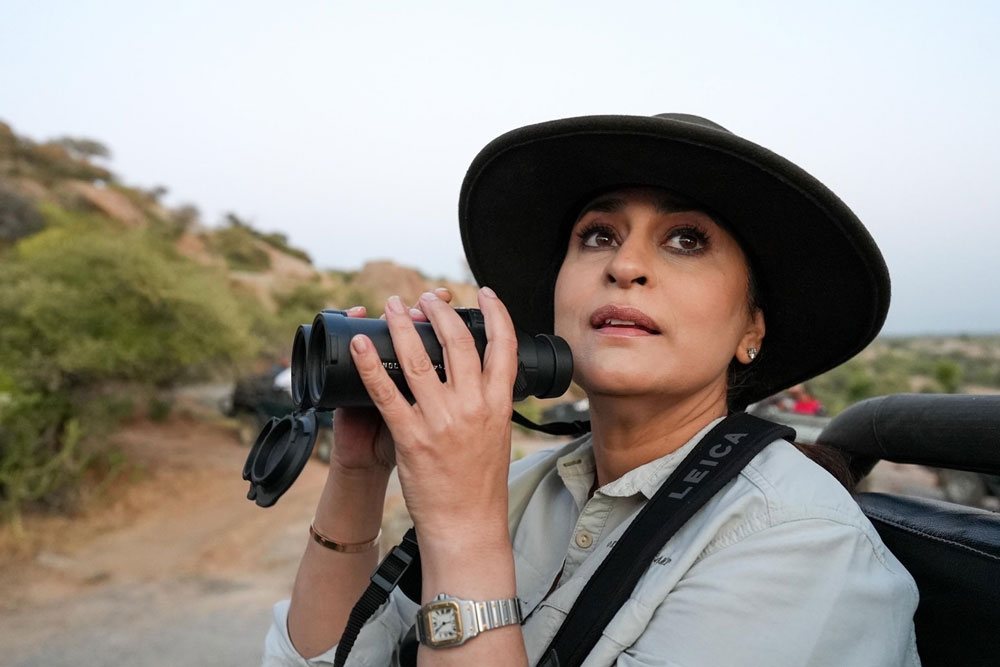
Image Source: Instagram/latikanath
Latika Nath has dedicated her career to tiger conservation. With a wildlife biology and ecology background, she works closely with forest departments and tribal communities to create wildlife corridors, promote coexistence, and reduce man-animal conflict. Her work underscores the need for scientific solutions grounded in local partnerships.
Vandana Shiva: The Eco-Feminist Championing Seed Sovereignty
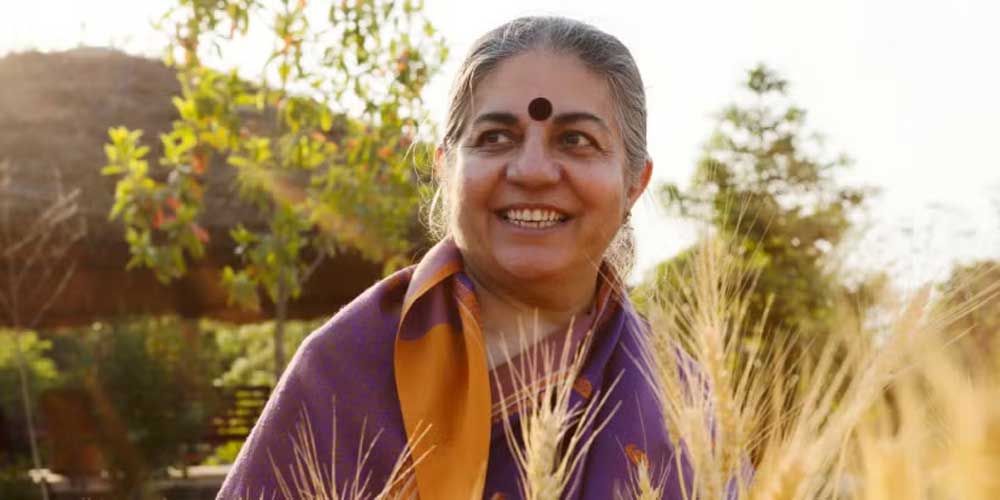
Image Source: chelseagreen.com
A physicist turned environmental activist, Vandana Shiva is a global voice for biodiversity, sustainability, and farmers’ rights. Founder of Navdanya, a movement to protect native seeds and promote organic farming in India, Shiva has long challenged industrial agriculture and genetically modified crops. Her work underscores the vital connection between biodiversity and cultural heritage, especially in rural communities where women are often the primary custodians of seed knowledge. With decades of advocacy behind her, she continues to inspire grassroots ecological movements across the globe.
Purnima Devi Barman: Stork Sister
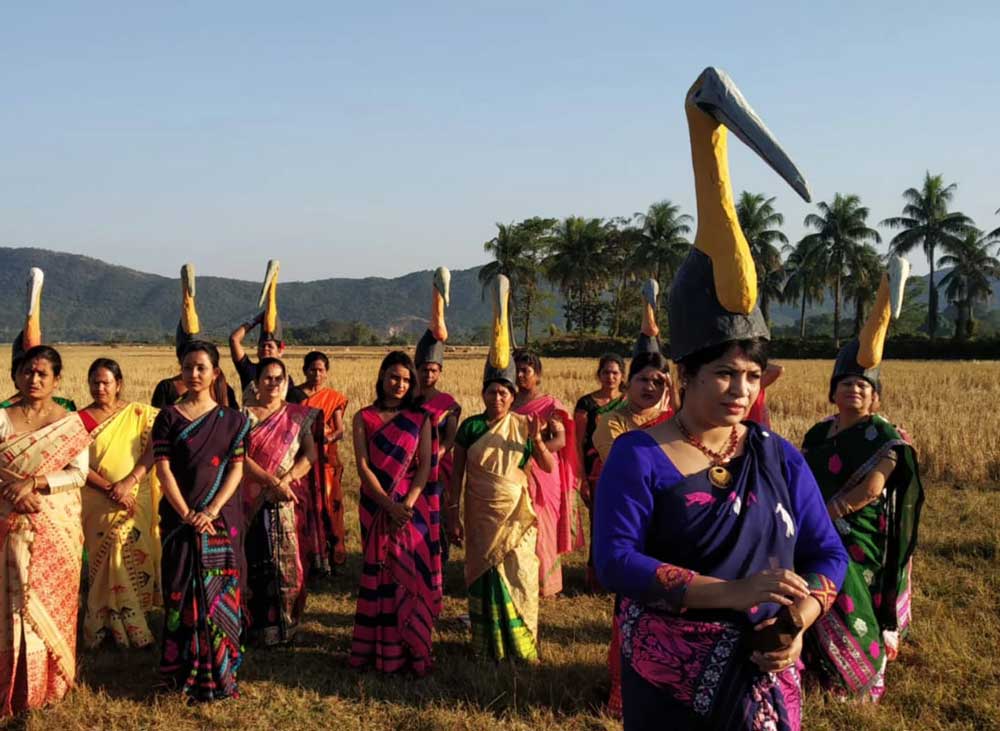
Image Source: Instagram/storksister
Dr. Purnima Devi Barman, a wildlife biologist from Assam, has transformed the conservation landscape by founding the ‘Hargila Army,’ an all-female grassroots movement dedicated to protecting the endangered Greater Adjutant Stork, locally known as Hargila. Recognising the cultural aversion towards this scavenger bird, Dr. Barman initiated community-based conservation efforts that have not only increased the stork's population in Assam from approximately 450 to over 1,800 but also empowered over 20,000 women through education and sustainable livelihoods. Dr. Barman's exemplary work has earned her numerous accolades, including the United Nations' Champions of the Earth award in 2022 and the Whitley Gold Award in 2024. In 2025, she was named one of Time magazine's Women of the Year, recognising her outstanding contributions to environmental conservation and women's empowerment.
Dr. Krithi K. Karanth: Conservation Scientist
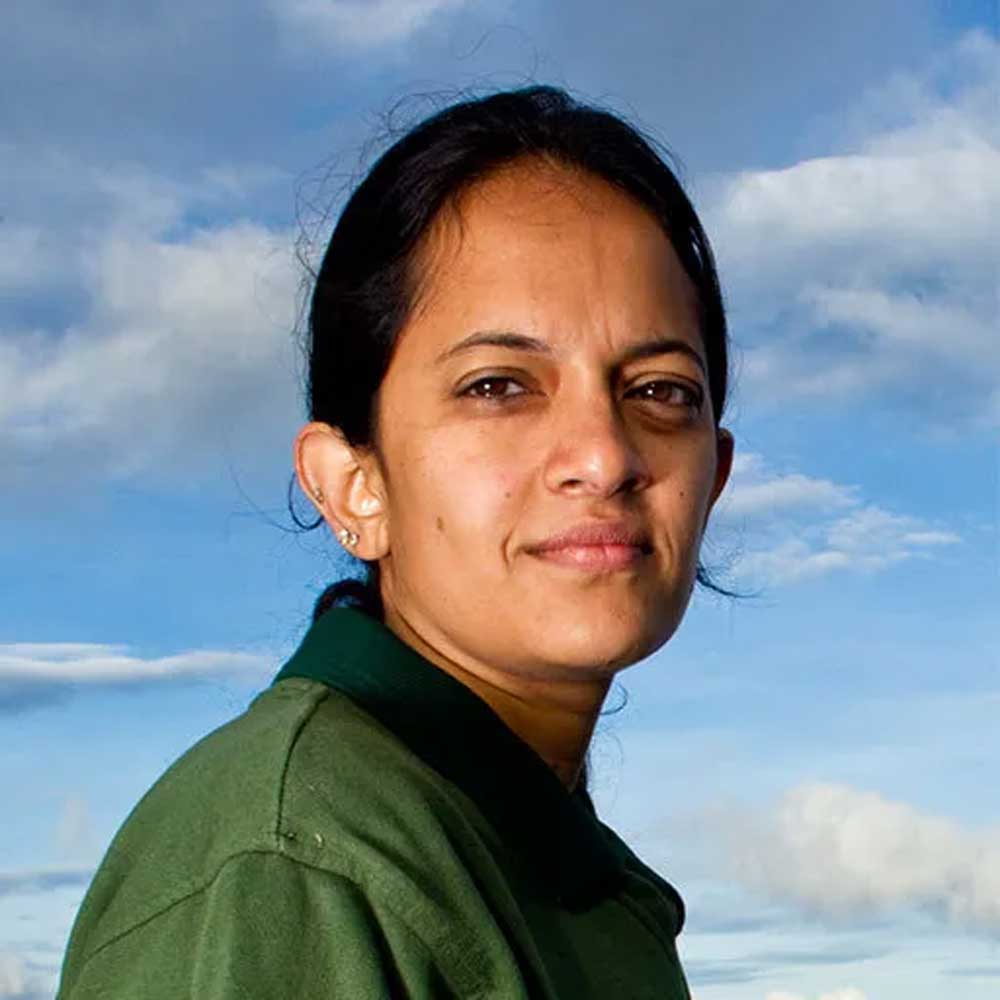
Image Source: cwsindia.org
Dr. Krithi K. Karanth is a leading Indian conservation scientist and the Chief Conservation Scientist and CEO at the Centre for Wildlife Studies (CWS) in Bengaluru. With over 25 years of experience, her research focuses on the human dimensions of wildlife conservation, addressing issues like human-wildlife conflict, land-use change, and wildlife tourism. She has conducted extensive fieldwork across India, aiming to develop science-based solutions that promote coexistence between people and wildlife.
What We Can Learn from These Women
Community Is Key to Conservation
Each of these women works hand-in-hand with local communities, proving that biodiversity efforts are stronger when rooted in collective care and cooperation.
Indigenous Knowledge Is Critical
From Tulsi Gowda’s intuitive understanding of plants to Jamuna Tudu’s grassroots forest patrols, India’s biodiversity future is being shaped by its traditional custodians.
Science and Tradition Can Work Together
Women like Dr. Karanth are creating bridges between formal science and traditional wisdom to ensure conservation is sustainable and inclusive.
Representation Matters
These women are not only breaking gender barriers in male-dominated fields but also reimagining conservation as a deeply human, community-first approach.
India is one of the world’s most biodiverse countries, but also one of the most vulnerable to ecological degradation. As we celebrate the International Day for Biological Diversity, these women remind us that solutions are already thriving among us. It’s time we listen, learn, and follow their lead because when women protect nature, they protect the future.